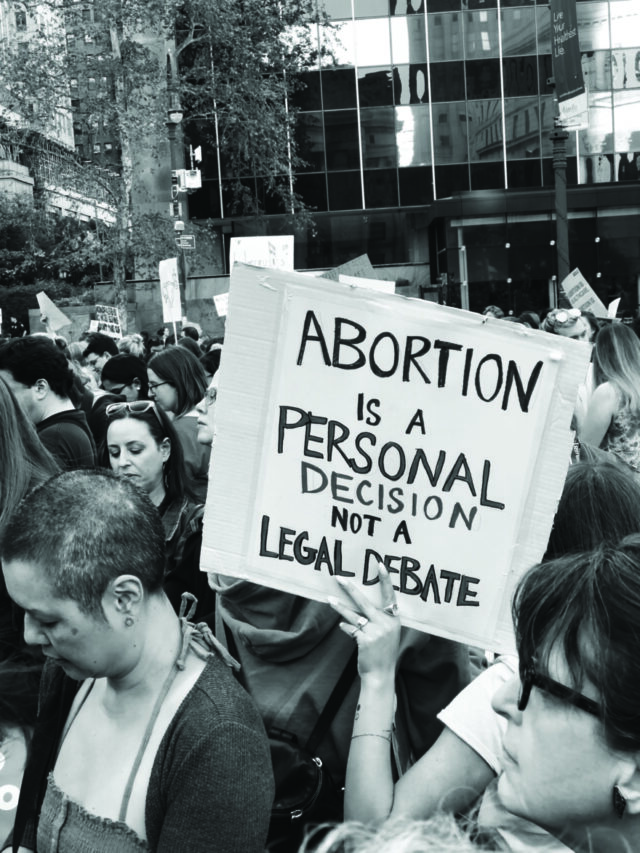
By Annelise Peterson
Typically, we associate self-compassion with soft, tender energy. Now, more than ever, we need to recognize the other side of self-compassion: a fierce, action-oriented energy that protects ourselves and others, while fostering justice and change.
“Self-compassion is brave, empowered clarity. Sometimes it means standing up for yourself, speaking up, rocking the boat, being angry, being OK with not being liked,” states Dr. Kristin Neff, author, associate professor of educational psychology at the University of Texas at Austin, and pioneer in the field of self-compassion research. After completing her most recent book, Fierce Self-Compassion, in response to the #MeToo movement, Neff’s current enterprise includes courses in Fierce Self-Compassion (self-compassion.org), which empower women to accept all their feminine energy, including the parts that they have been socialized to suppress. Neff’s passion lies in her desire for women to embrace their mama bear energy, namely anger, and start examining systemic oppression.
“The whole thing boils down to patriarchy,” says Neff. “Why is it that people don’t want an angry woman? They might complain about the situation they’re in. Perhaps the silver lining of the U.S. Supreme Court overturning Roe v. Wade is that we are talking about women’s rights again. From the moment women are identified in the womb, oppression starts. Women must make a decision about what is more important: to be liked. or to foster change.”
It’s a tough decision to make for women raised with an archaic model of romantic love. “The whole idea of romance is a tool of patriarchy, this idea that, as women, we are only valuable when a man says you’re beautiful, you’re special, you’re the one, and ‘I will take care of you.’ Women buy into it hook, line and sinker,” says Neff. The concept, by design, keeps women in “their place.” Neff proposes self and societal examination to push beyond an idea of love so twisted and distorted by gender socialization. Let’s face it: Equality and interdependence require responsibility in a society where subjugation and codependence remain the norm. “Women need to come together now, more than ever,” she says, “because it is often other women who reinforce the consequences as much as men. They have internalized the system.”
Fierce self-compassion doesn’t dehumanize, it creates harmony in a broken system.
Contrary to self-pity and victimhood, self-compassion fosters inward gentleness, outward bravery to speak up, and the courage to do something different. It ignites interconnection, key to authentic fierce self-compassion. “We must let go of the idea that we are individual, separate selves,” Neff says,”and see ourselves in relation to others. Not just to other women, but to humanity. Fierce self-compassion is not about ‘poor me,’ it is about all humans being harmed by this system.”
Once women realize that to stand up for themselves means standing up for all people, including their children, the conversation shifts from the individual to the whole. “When we frame self-compassion in light of human rights and justice, it is empowering,” Neff says. “It is not just you. It is saying, ‘Hey! This system is harmful. We have to change something.’”





